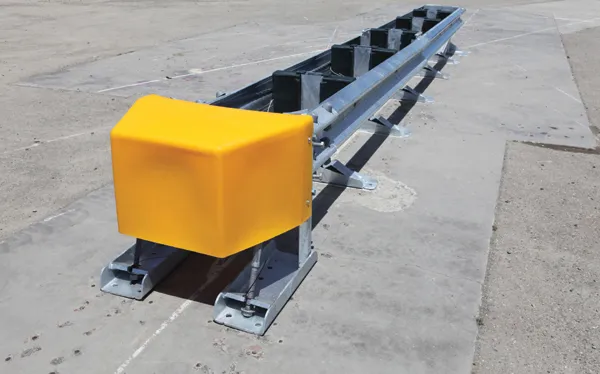Automobile manufacturers are gearing up to launch new fuel cell vehicle models during 2015. Reports suggest that up to six fuel cell vehicles will be introduced in the coming year.
However the cost of fuel cell vehicles as well as issues over the provision of sufficient fuelling stations may well hinder their sales. Those manufacturers developing fuel cell vehicles are cautious as to how many they believe they can sell. The technology is appealing, particularly for the clean tailpipe emissions of water vapour only. But the practicalities (cost and fuelling) of fuel cell vehicles are a barrier in the short-medium term at least.
The topic is covered in greater depth in the IDTechEx report Future Technology for Hybrid and Pure Electric Cars 2015-2025.
Fuel cell vehicles promise potential
Automobile manufacturers are gearing up to launch new fuel cell vehicle models during 2015. Reports suggest that up to six fuel cell vehicles will be introduced in the coming year. Toyota looks set to be one of those firms offering its Mirai fuel cell vehicle, while Tata Motors may well introduce a model either under its own brand or that of its UK subsidiary Jaguar Land Rover.
February 18, 2015
Read time: 2 mins









